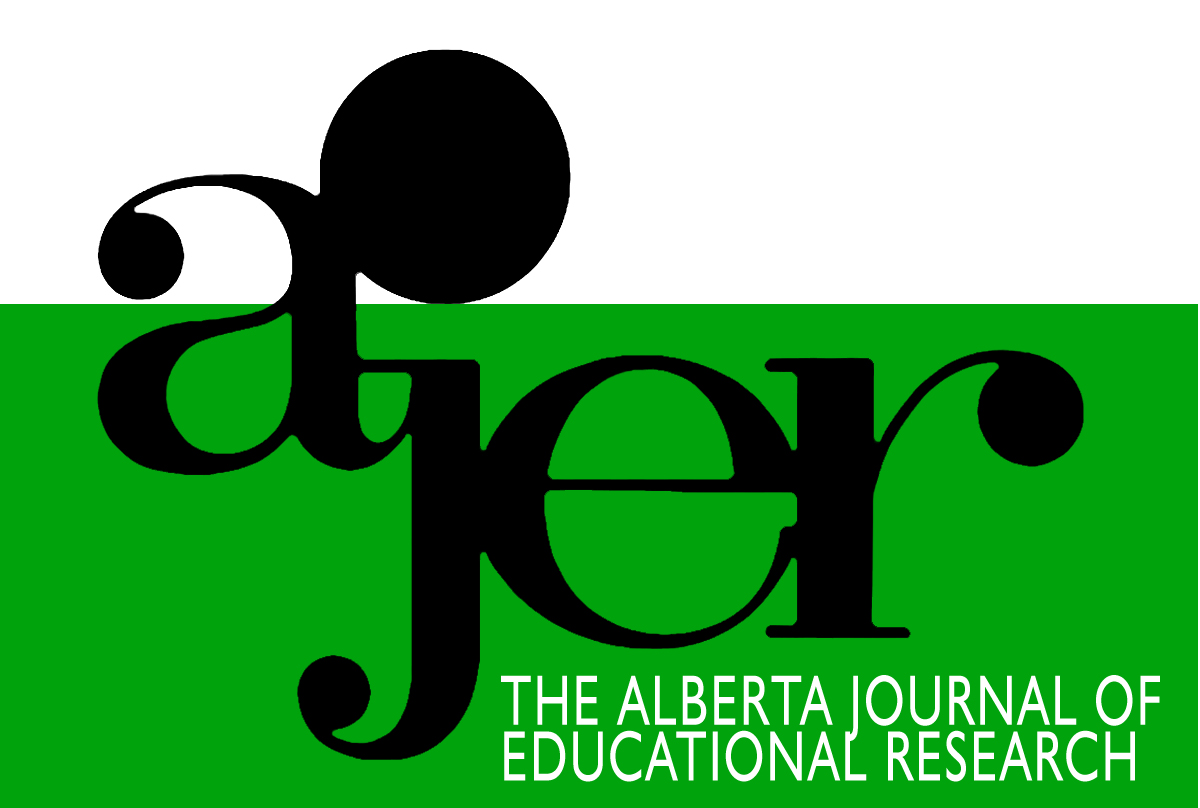Educational Practices for a New Nigeria: An Exploratory Study
DOI:
https://doi.org/10.55016/ojs/ajer.v61i2.55709Keywords:
Leadership, Gülenian Educational Practices, Qualitative Study, Nigeria, Mots clés, leadership, pratiques éducatives, étude exploratoireAbstract
This article reports on a qualitative study conducted at the Nigerian Turkish International Colleges (NTICs) in Abuja, Nigeria. Twenty-two participants comprised of three administrators, seven teachers, four parents, and eight students participated in the study. The data collected through observations, informal, formal and semi-structured in-depth individual interviews, focus groups, document analysis (of teachers’ syllabi, coursework materials, Nigerian nation-wide exam reports, and copies of district and state lesson design guidelines), and field notes were used for content analysis. Themes of the study were constructed to explore the schools’ role in promoting openness, mutual understanding, and habits of discourse vital to democracy in a society that is deeply divided along religious, ethnic, and geographical lines. This article explains the value of NTICs by focusing on the role of curriculum in promoting tolerance, unity, economic prosperity, and stability. This article also considers how these NTICs attempt to encourage the establishment of a civil society based upon democratic principles of governance while focusing on multicultural values.
Cet article présente les résultats d’une étude entreprise aux Nigerian Turkish International Colleges (NTICs) à Abuja, au Nigeria. L’étude a impliqué 22 participants, dont trois administrateurs, sept enseignants, quatre parents et huit étudiants. Les données ont été recueillies lors de séances d’observation, d’entrevues individuelles approfondies (informelles, formelles et semi-structurées), de groupes de discussion, d’analyse documentaire (plans de cours des professeurs, matériel de cours, rapports portant sur des examens à l’échelle du Nigeria, lignes directrices de la part des districts et de l’état pour la conception des cours) et par des notes prises sur le terrain. Les thèmes élaborés pour l’étude visaient l’exploration du rôle de l’école dans la promotion de l’ouverture, la compréhension mutuelle et les habitudes de discours essentielles à la démocratie dans une société qui est profondément divisée selon des clivages religieux, ethniques et géographiques. Cet article explique la valeur des NTICs en se penchant sur le rôle des programmes d’études dans la promotion de la tolérance, l’unité, la prospérité économique et la stabilité. De plus, il considère les efforts de ces NTICs pour encourager l’établissement d’une société civile reposant sur des principes démocratiques de gouvernance tout en tenant compte de valeurs multiculturelles.
Downloads
Published
Issue
Section
License
UNIVERSITY OF ALBERTA COPYRIGHT LICENSE AND PUBLICATION AGREEMENT
If accepted, authors will be asked to sign a copyright agreement with the following points:
A. Where there is any inconsistency between this Copyright License and Publication Agreement and any other document or agreement in relation to the same subject matter, the terms of this Agreement shall govern.
B. This document sets out the rights you are granting in relation to publication of your article, book review, or research note entitled (the “Article”) through inclusion in the academic journal titled Alberta Journal of Educational Research (the “Journal”) published through the Faculty of Education, representing the Governors of the University of Alberta (the “Journal Editor”).
C. There will be no payment to you for this publication and grant of rights. In consideration of the agreement to publish the Article in the Journal:
1. You are warranting that:
- the content of the Article is your original work, and its content does not contain any material infringing the copyright of others; or, where the Article is not entirely your original work, you have obtained all necessary permissions in writing to grant the rights you are giving in this agreement;
- the content of the Article does not contain any material that is defamatory of, or violates the privacy rights of, or discloses the confidential information of, any other person;
- the Article has not been published elsewhere in whole or in part, and you will not allow publication of the Article elsewhere without the consent of the Journal Editor;
- the names of all co-authors and contributors to the Article are:
2. You agree to license the copyright in the Article to the Journal Editor, on a worldwide, perpetual, royalty free basis; and to the extent required by the terms of this agreement. You shall retain the right at all times to be acknowledged as the/an author of the Article.
3. You further agree that the Journal Editor has the entitlement to deal with the Article as the Journal Editor sees fit, and including in the following manner;
- The right to print, publish, market, communicate and distribute the Article and the Journal, in this and any subsequent editions, in all media (including electronic media), in all languages, and in all territories, ing the full term of copyright, and including any form of the Article separated from the Journal, such as in a database, abstract, offprint, translation or otherwise, and to authorize third parties to do so;
- The right to register copyright of the Journal;
- The right to edit the Article, to conform to editorial policy as the Journal Editor sees fit.
4. If any co-author or contributor to the Article does not sign this agreement, the Journal Editor reserves the right to refuse to publish the Article.



